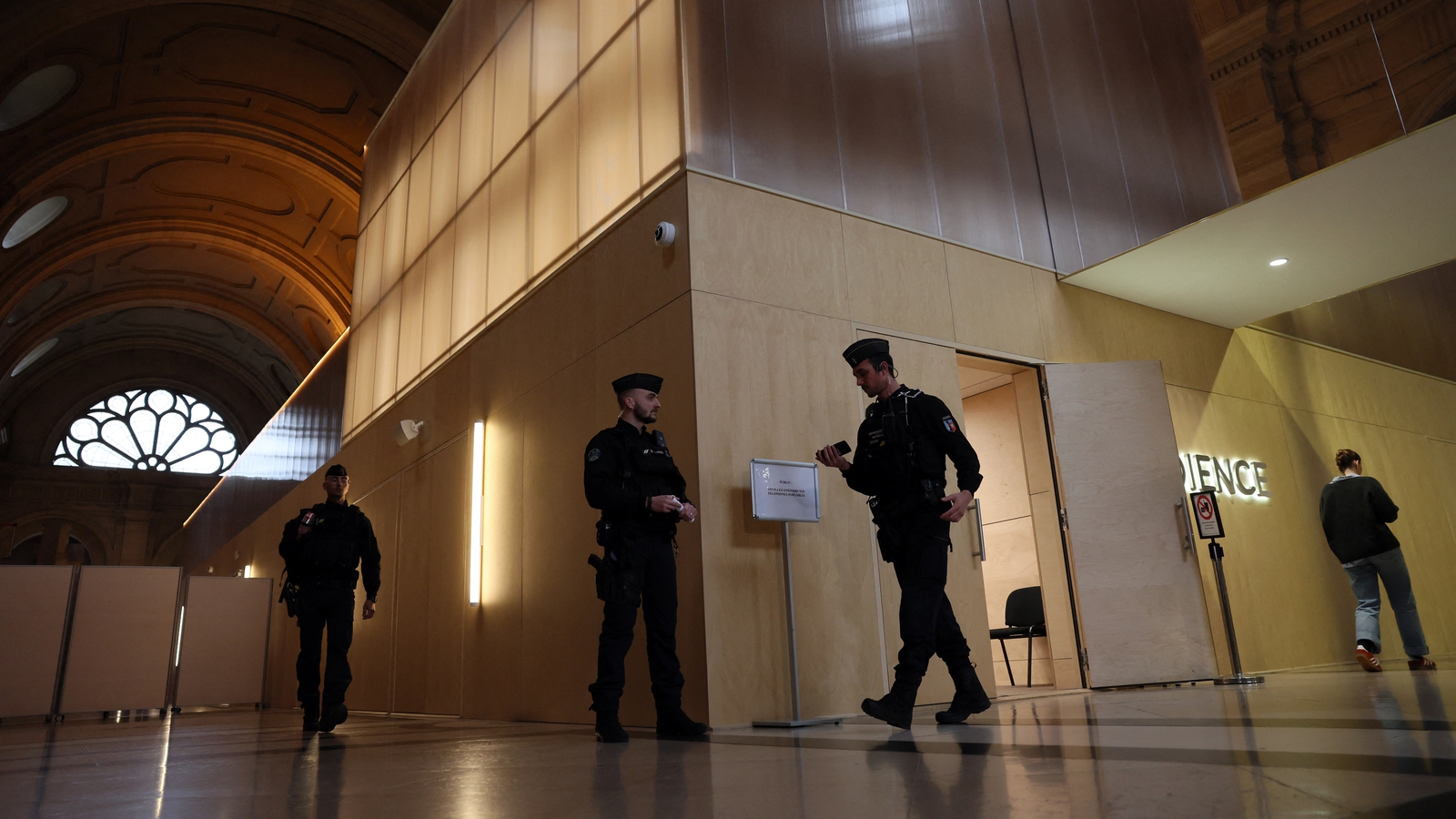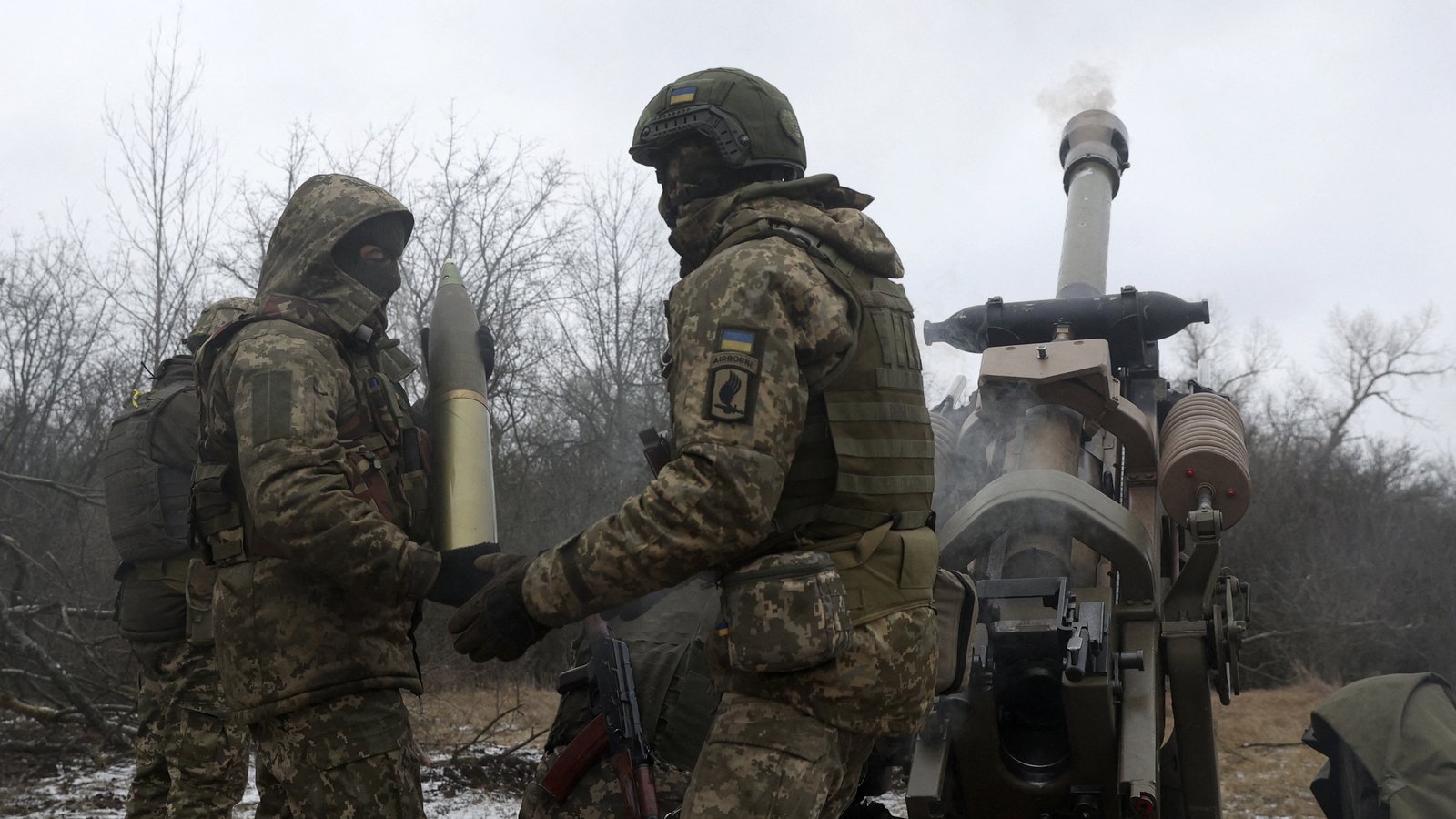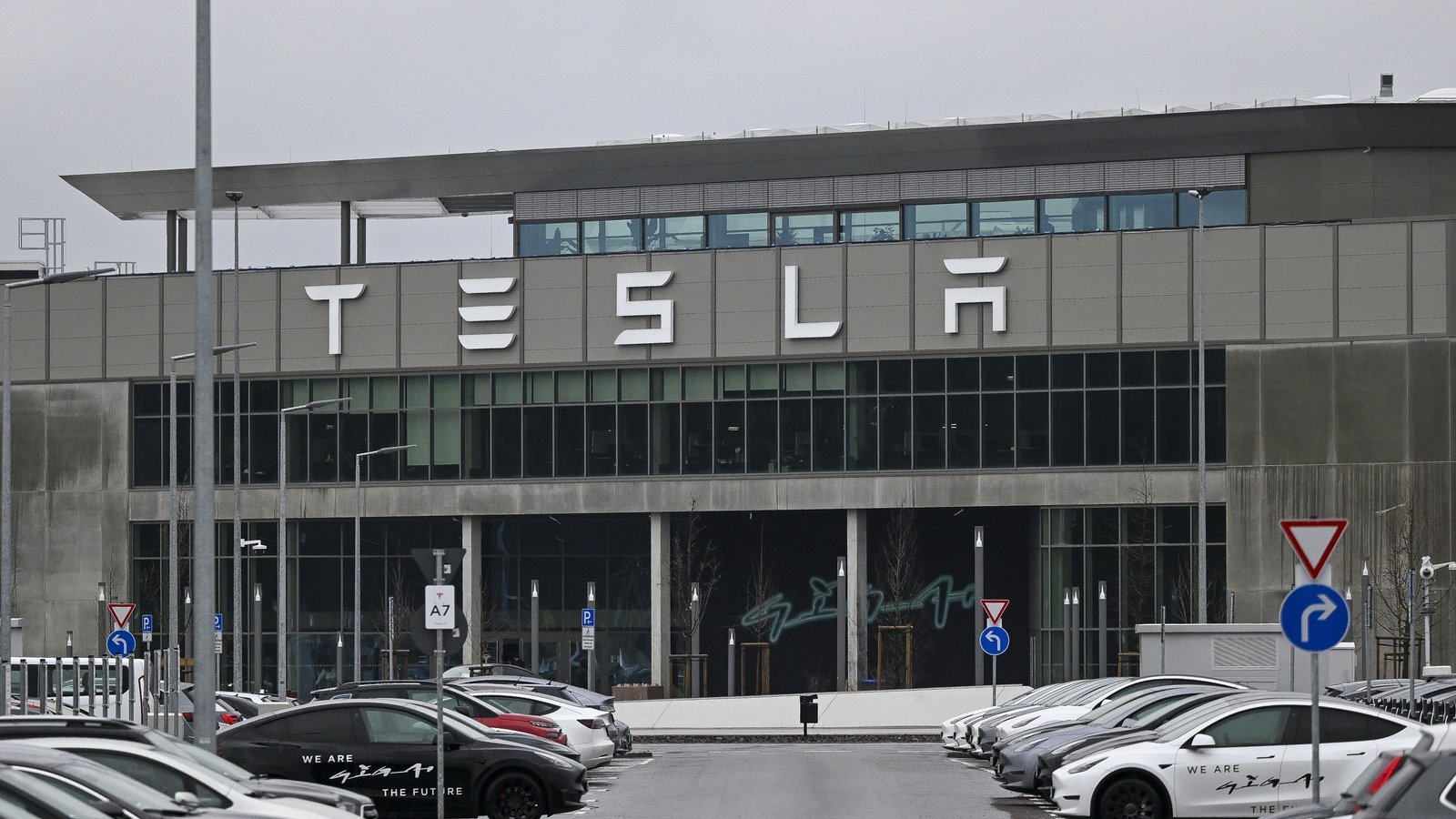Regional foes join UN Security Council Gaza meeting
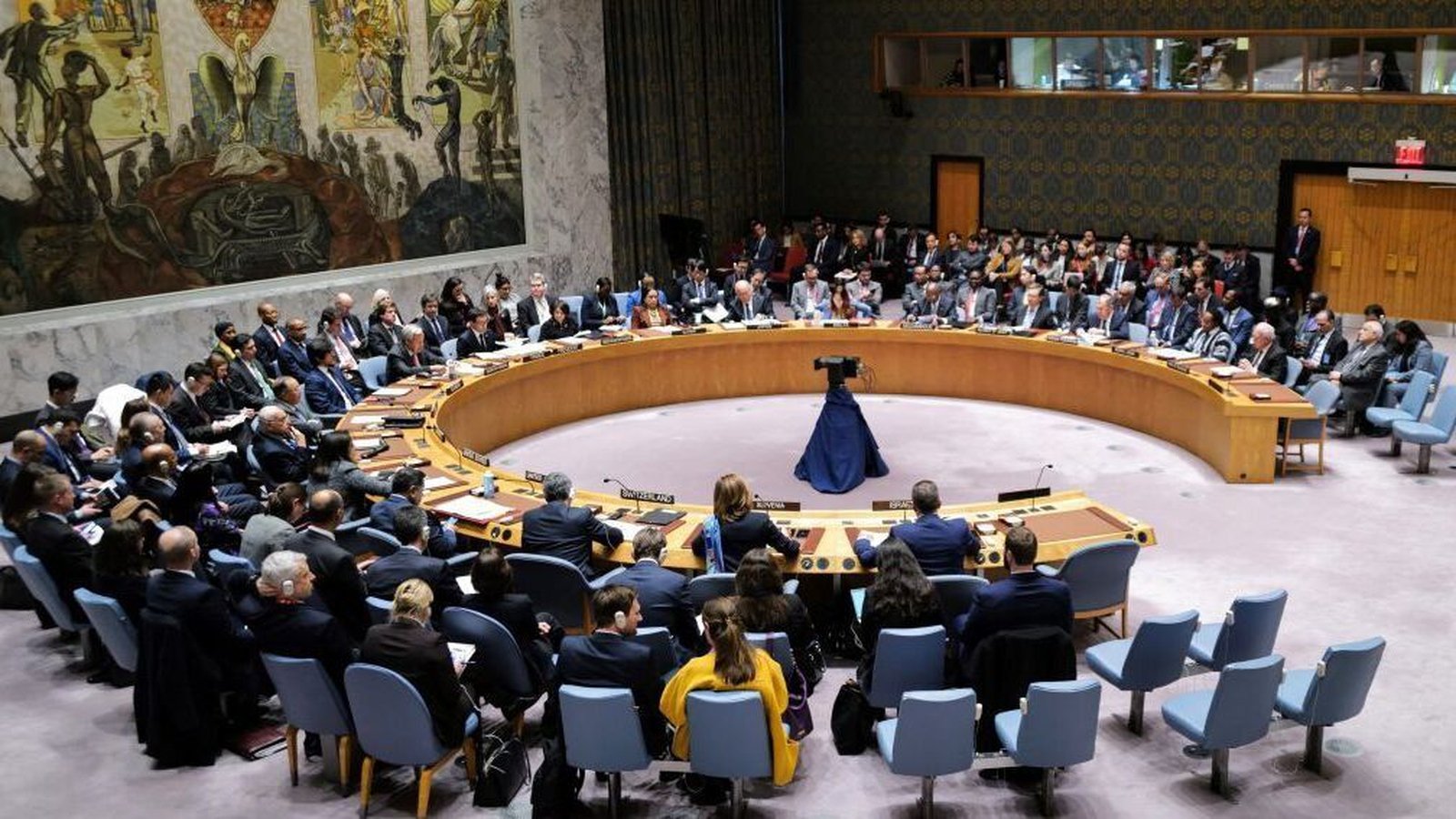
Today’s United Nations Security Council meeting brought together some of the world’s greatest enemies, including Israel and Iran, to discuss the deepening crisis in the Middle East.
Opening the afternoon session, the Secretary General of the UN Antonio Guterres said it had been “100 days of heartache and anguish” for those affected by the attacks by Hamas on 7 October.
“Nothing can justify deliberate killing, injuring, kidnapping of civilians, the use of sexual violence against them – or the indiscriminate launching of rockets towards civilian targets,” Mr Guterres told the Council.
Mr Guterres went on to say that the past 100 days “have been heartbreaking and catastrophic for Palestinian civilians in Gaza”.
He said the entire population of Gaza was “enduring destruction at a scale and speed without parallel in recent history”.
“Nothing can justify the collective punishment of the Palestinian people,” Mr Guterres added.
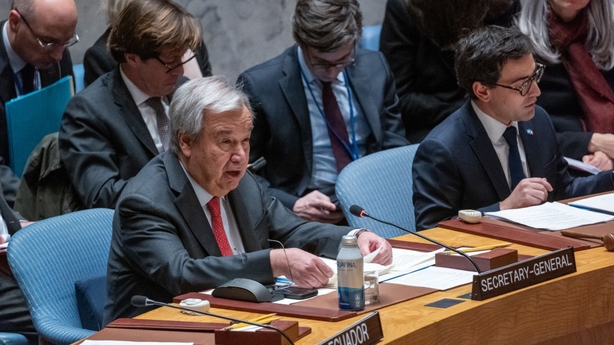
The Secretary General reiterated his calls for an immediate humanitarian ceasefire and the unconditional release of Israeli hostages held in Gaza.
He noted Israel was proposing a two month pause in hostilities in exchange for a “phased release” of the remaining hostages.
He also said that any refusal to accept the two-State solution by any party “must be firmly rejected.”
“Israelis must see their legitimate needs for security materialised, and Palestinians must see their legitimate aspirations for a fully independent, viable and sovereign State realised,” he said.
“Israel’s occupation must end,” Mr Guterres told Council members.
The meeting at a ministerial level was called by France, which is holding the rotating presidency of the Security Council, and chaired by the newly appointed French Foreign Minister Stephane Sejourne.
The French mission to the UN said the goal of the meeting was to make progress towards a political, security and humanitarian resolution of the crisis and a lasting ceasefire.
Mr Sejourne told the Council that they must stand with both Israel and Palestine but “say difficult things to both”.
“We need to relaunch the peace process in a decisive and credible manner,” Mr Sejourne told Council members.
“We know the parameters of the solution … two states living side by side in peace and security, within secure and recognised borders based on the 1967 lines, and both having Jerusalem as their capital,” he said.
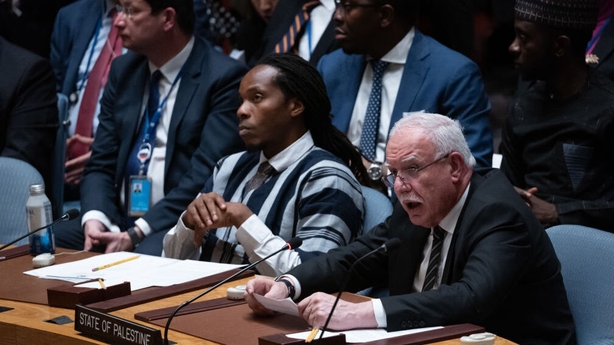
Riyad Al Maliki, the Palestinian Minister of Foreign Affairs said it was time for accountability for the ongoing war, which was a “premeditated effort to inflict maximum pain on the Palestinian population”.
In his remarks, the representative of Israel Gilad Erdan said a permanent ceasefire that some were calling for, would see Hamas remaining in power, putting Israel at “existential risk”.
It was “absurd”, ambassador Erdan added, that the Iranian foreign minister Hossein Amir-Abdollahuyan was invited to address the Council today.
Iran was the “number one state sponsor of terrorism” that aspired to destabilize the Middle East, the Israeli envoy told Council members. If the Council continued to ignore the Iranian threat in the region, there would be a “very dark, radical, Shiite future,” he said.
Addressing the Council, the UK Minister for the Middle East Tariq Ahmad called for immediate humanitarian pauses in Gaza “to get life-saving aid in, and hostages out”.
He said the level of human suffering was unacceptable, and “our priority must be to alleviate it”.
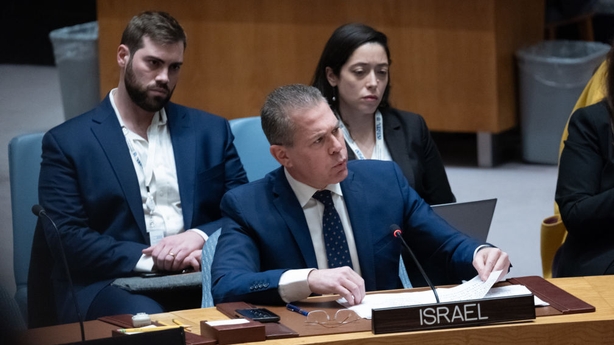
Representing the US was the Undersecretary for Civilian security, Democracy, and Human Rights Uzra Zeya.
Speaking to reporters outside the Security Council, she said the US had made it clear to the Israeli government that “more must be done to minimise civilian harm”.
But the US has used its veto to defeat Security Council resolutions calling for a ceasefire.
Asked by RTÉ News why the US continued to block action on a ceasefire at the UN, Ms Zeya said Hamas had “no intention whatsoever of laying down their arms or pursuing peace”.
“What the United States does not support is a ceasefire that leaves Hamas in a position where it can realise its stated intent to repeat the October 7 attacks multiple times over,” she told RTÉ News.
The meeting is expected to continue late into the evening with 68 countries, including Ireland, expected to make remarks.

